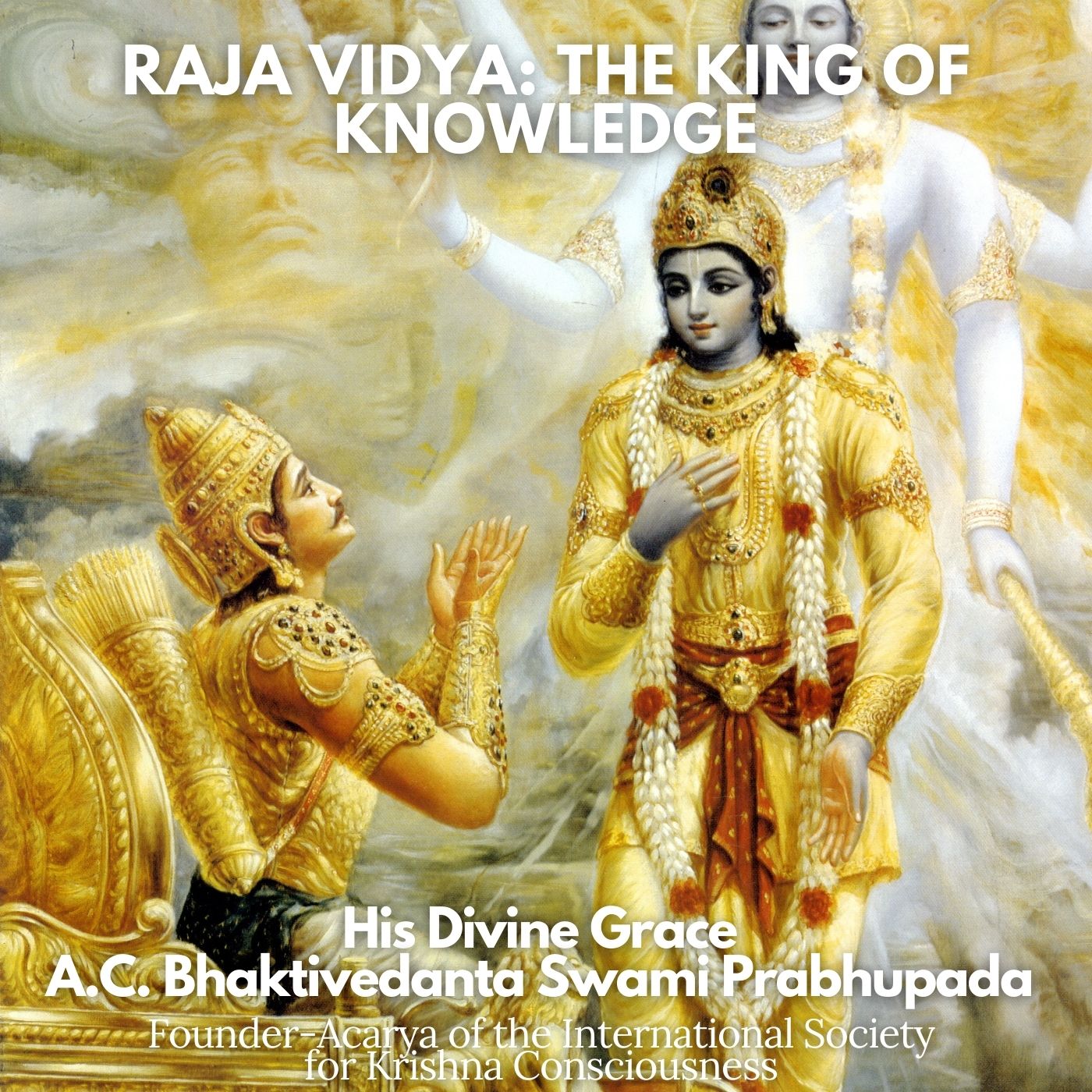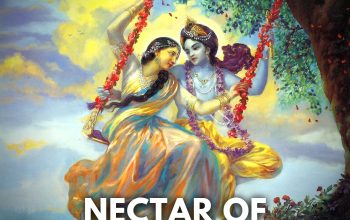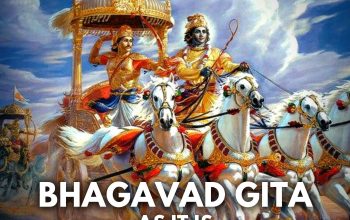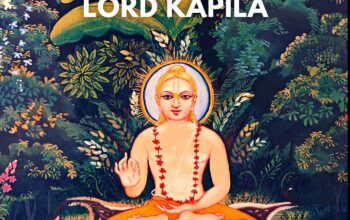I remembered this one as “the book that quotes Bhagavad Gita verses which I don’t remember in the Gita”. Hard to digest and remember everything, to be honest. Well, duh! Vedas are coming from the Supreme Lord and we are so tiny, how can we digest such an infinite variety of topics and subjects about Him! Vedic knowledge is so deep and ever-fresh that you can find treasure-house of meaning in one word, in one verse, and elaborate on that in numerous ways. And it’s so much easier to digest when a specific topic is taken. Srila Prabhupada goes deep into defining what knowledge is from the point of ourselves, the Supreme Lord, His energies and pastimes, our gurus and parampara, this phenomenal world, and many other perspectives. Along with verses from Bhagavad-gita, stories, analogies, and examples, Srila Prabhupada defines what is knowledge, what is highest & ultimate knowledge, how to act in knowledge, what is false knowledge, and what is downright ignorance. How amidst the present oversaturation of information we can find and stick to the King of Knowledge, eternal, ever-existing, most confidential, and most joyous.
Episodes playlist 105-125

Reading books by Srila A.C. Bhaktivedanta Swami Prabhupada daily. Each of these books is a literary masterpiece, they have all the answers to any questions of life and everything necessary to uplift and nourish our soul, develop our loving relationship with God, Krishna, and help us relish our adventurous spiritual journey. Such a deep, bonafide, theological science based on Vedic scriptures has never been presented like this before. Chant Hare Krishna, dive into these books, be happy and make others happy! From Mayapur with love, Your humble servant, Sulalita devi dasi
“Bhaga means opulences, and vān means one who possesses. We have some conception of God, but in the Vedic literature there are definite descriptions and definitions of what is meant by God, and what is meant is described in one word – Bhagavān. Bhagavān possesses all opulences, the totality of knowledge, wealth, power, beauty, fame and renunciation. When we find someone who possesses these opulences in full, we are to know that he is God. There are many rich, wise, famous, beautiful and powerful men, but no one man can claim to possess all of these opulences. Only Kṛṣṇa claims to possess them in totality” | We shall definitely share the link where to get this book tomorrow | Find us on social media: Facebook “Sravanam Diaries” | Instagram & Tumblr @sravanamdiaries | Email: sravanamteam@gmail.com

One of my favorite quotes
[frontpage_news widget=”115″]Raja-Vidya The King of Knowledge | Chapter 7
We want freedom, and we want to travel all over the world and all over the universe. Indeed, that is our right as spirit soul. The spirit soul in Bhagavad-gītā is called sarva-gataḥ, which means that he has the ability to go wherever he likes. In the Siddhalokas there are perfected beings or yogīs who can travel wherever they want without the aid of airplanes or other mechanical contrivances. Once we are liberated from material conditioning, we can become very powerful. Actually we have no idea how powerful we are as spiritual sparks. Instead we are very much satisfied staying on this earth and sending up a few spaceships, thinking that we have become greatly advanced in material science. We spend millions and millions of dollars constructing spaceships without knowing that we have the ability to travel wherever we want free of charge.
The point is that we should cultivate our spiritual potencies by knowledge. The knowledge is already there; we simply have to accept it. In former ages people underwent so many penances and austerities to acquire knowledge, but in this age this process is not possible because our lives are very short and we are always disturbed. The process for this age is the process of Kṛṣṇa consciousness, the chanting of Hare Kṛṣṇa, which was inaugurated by Śrī Caitanya Mahāprabhu. If, by this process, we can kindle the fire of knowledge, all of the reactions of our activities will be reduced to ashes, and we will be purified (BG 4.38):
na hi jñānena sadṛśaṁ
pavitram iha vidyate
tat svayaṁ yoga-saṁsiddhaḥ
kālenātmani vin dati
“In this world, there is nothing so sublime and pure as transcendental knowledge. Such knowledge is the mature fruit of all mysticism. And one who has achieved this enjoys the self within himself in due course of time.”



